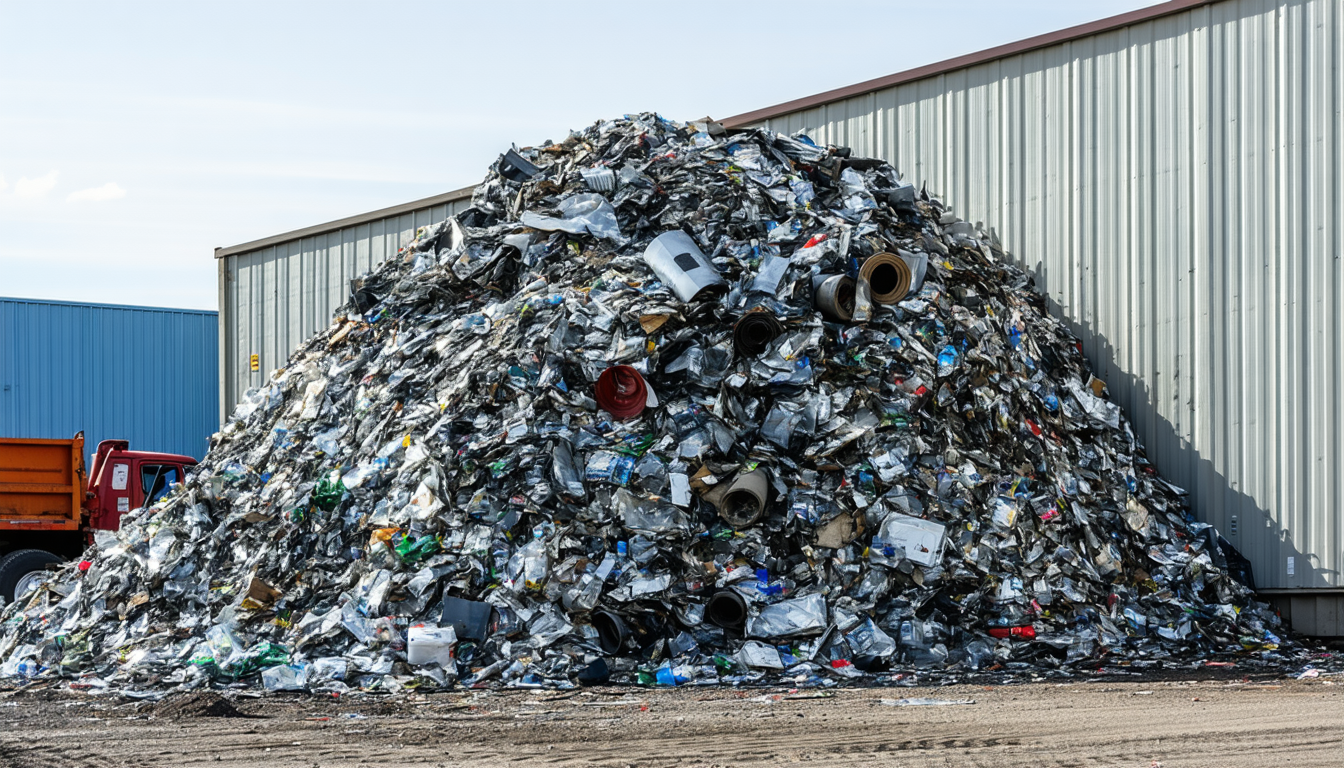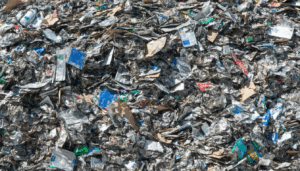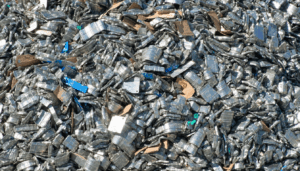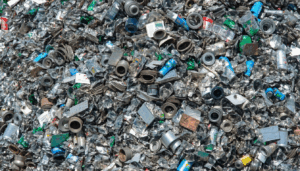Introduction
Denver, Colorado, often celebrated for its stunning landscapes and vibrant culture, is emerging as a key player in the metal recycling industry. With sustainability becoming a national priority, Denver metal recycling initiatives are gaining momentum, driven by innovative businesses and supportive local policies. This article explores recent developments in the sector, including new facilities, economic impacts, and environmental benefits. From job creation to reducing landfill waste, we delve into how Denver is shaping the future of metal recycling in the United States.
The Rise of Denver Metal Recycling
The metal recycling industry in Denver has seen significant growth over the past decade. According to the Institute of Scrap Recycling Industries (ISRI), Colorado processes over 1.2 million tons of recyclable materials annually, with a substantial portion coming from the Denver metro area. Local companies are investing in advanced technologies to sort and process metals like aluminum, copper, and steel more efficiently.
In 2023, several new recycling centers opened in Denver, equipped with state-of-the-art machinery to handle increased demand. These facilities not only boost recycling rates but also align with Colorado’s goal of achieving a 45% recycling rate by 2036. This expansion reflects a broader trend of prioritizing sustainable waste management across the state.
Economic Impact on Local Communities
Denver metal recycling is proving to be a boon for the local economy. The industry supports thousands of jobs, from collection and sorting to processing and sales. A recent report by the Colorado Department of Public Health and Environment estimates that recycling contributes over $700 million annually to the state’s economy, with Denver at the forefront.
Small businesses and scrap yards play a vital role, offering residents a way to earn money by selling scrap metal. “The economic ripple effect of metal recycling is undeniable,” says Maria Lopez, a sustainability expert at the University of Denver. “It creates jobs while promoting a circular economy where resources are reused rather than discarded.”
Environmental Benefits of Recycling in Denver
One of the most compelling reasons for the growth of Denver metal recycling is its positive impact on the environment. Recycling metals reduces the need for mining, conserves natural resources, and cuts down on greenhouse gas emissions. The Environmental Protection Agency (EPA) states that recycling aluminum saves up to 95% of the energy required to produce it from raw materials.
Denver’s efforts also help divert waste from landfills, a critical issue as urban populations grow. By focusing on metals, which can be recycled indefinitely without losing quality, the city is taking meaningful steps toward a greener future. Local initiatives, such as community drop-off programs, further encourage participation.
Challenges Facing Denver Metal Recycling
Despite its successes, the industry faces hurdles that could slow progress. Fluctuating global metal prices often affect profitability for local recyclers. Additionally, contamination of recyclable materials remains a concern, as improperly sorted waste can damage equipment or lower material quality.
Some stakeholders argue that more public education is needed to improve recycling habits. “We see a lot of potential, but awareness is key,” notes John Carter, CEO of a prominent Denver-based recycling firm. Balancing economic viability with environmental goals will be crucial for sustained growth.
Future Outlook for Metal Recycling in Denver
Looking ahead, experts predict that Denver will continue to lead in metal recycling innovation. The city’s commitment to sustainability, coupled with state-level incentives for green businesses, sets a strong foundation. Emerging technologies, such as AI-driven sorting systems, could further enhance efficiency.
There’s also potential for collaboration between public and private sectors to address challenges like contamination. As national focus on climate change intensifies, Denver’s role in reducing carbon footprints through recycling will likely grow. The industry stands poised for expansion, with implications for both local communities and broader environmental goals.
Conclusion
Denver metal recycling is more than just a local trend; it’s a vital component of sustainable development in the United States. From creating jobs to conserving resources, the industry offers tangible benefits while addressing pressing environmental concerns. As challenges like market volatility persist, innovation and education will be key to maintaining momentum. With continued investment and community support, Denver is well-positioned to set an example for other cities striving for a greener future.
Frequently Asked Questions (FAQ)
- What types of metals can be recycled in Denver?
Most metals, including aluminum, copper, brass, steel, and iron, are accepted at Denver recycling centers. Check with local facilities for specific guidelines. - Where can I recycle metal in Denver?
Numerous scrap yards and recycling centers operate throughout the city. Popular options include Rocky Mountain Recycling and Metro Metals Recycling. - How does metal recycling benefit the environment?
It reduces energy use, conserves natural resources, cuts greenhouse gas emissions, and minimizes landfill waste. - Are there financial incentives for recycling metal in Denver?
Yes, many centers pay for scrap metal based on weight and type, providing an income source for individuals and businesses. - What challenges does Denver metal recycling face?
Issues include fluctuating market prices, material contamination, and the need for greater public awareness about proper recycling practices.





